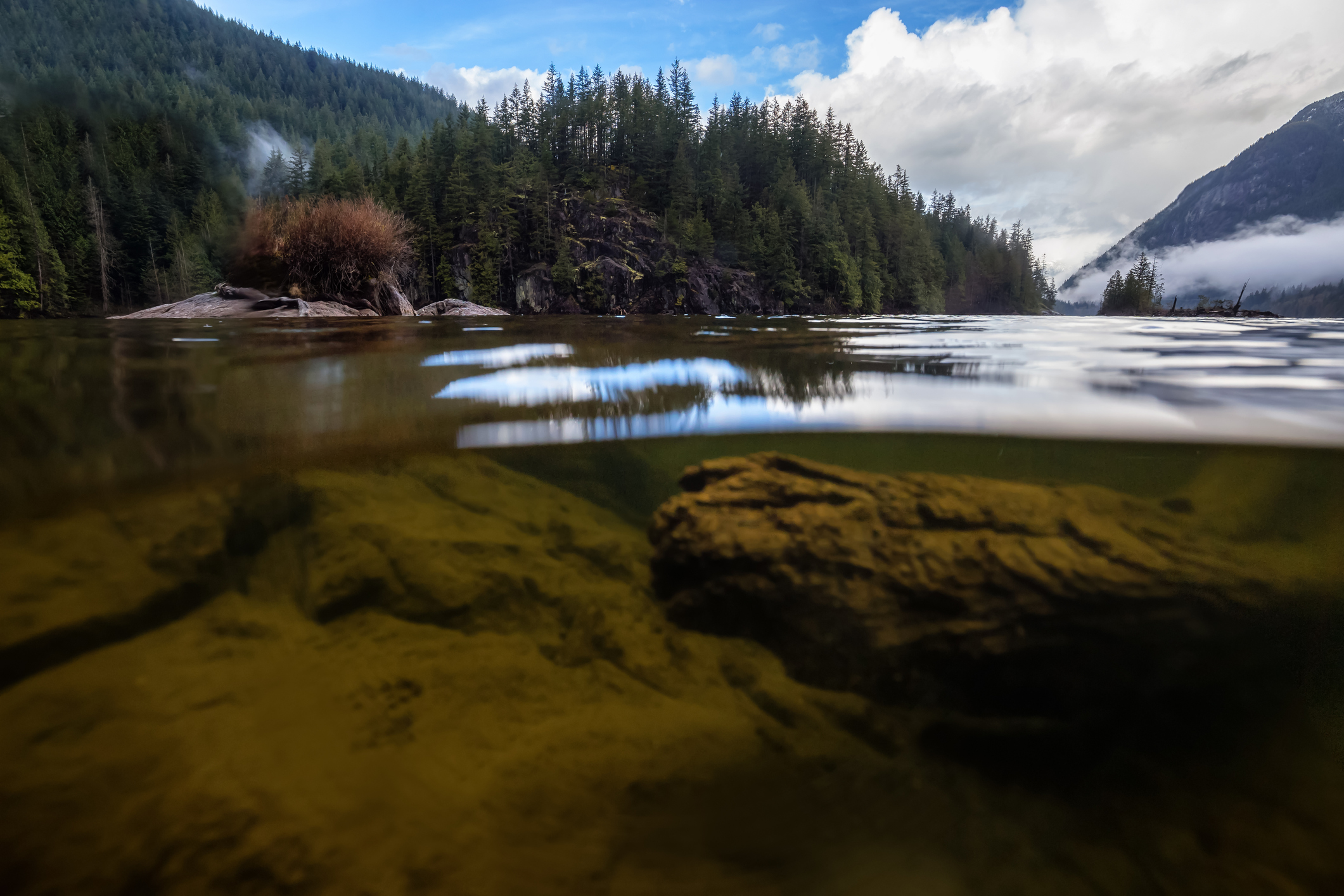WWF-Canada has selected four award recipients for the Generation Water Tech Challenge.
Since September 2019, WWF-Canada has been seeking innovative and transformative solutions to help address threats to Canada’s freshwater health.
The four award recipients of the Generation Water Tech Challenge will receive $75,000 in grants and a spot each in the Centre for Social Innovation (CSI) Climate Ventures Earth Tech Program to help bring their ideas to life.
“Safeguarding Canada’s watersheds is critical for the wellbeing of wildlife and communities now and into the uncertain future of the climate crisis,” said Elizabeth Hendriks, vice president of freshwater conservation at WWF-Canada.
“We’re excited to see how our award recipients will be tackling these issues with their innovative technological tools and bring to life some great solutions for Canada’s freshwater health,” Hendriks added.
Canada’s lakes, rivers, streams, and wetlands hold 20 per cent of the world’s freshwater. Unfortunately, Canada’s freshwater ecosystems are in trouble.
WWF-Canada’s 2017 Watershed Report identified two priority problems—high threats to urban watersheds and a data deficit across the country.
WWF-Canada launched its first-ever technology challenge to move beyond good ideas to tangible solutions that will have meaningful impact on our water.
About the award recipients
The four award recipients selected for the challenge are showcased below.
Water Rangers: A non-profit social enterprise and winner of the 2015 AquaHacking competition, Water Rangers is a design-led organization that connects people to their local waterways through citizen science. The team provides portable kits that allow communities to test water and share data for data deficient regions.
SENTRY: Founded in 2013, SENTRY is a real-time sensor technology that monitors microbial activity and water quality for municipal and industrial clients. The platform has been validated with the Ontario Clean Water Agency (OCWA) to monitor raw water intake to their drinking water plants from the Great Lakes.
Clean Nature: Clean Nature focuses on reducing excessive road-salt use while maintaining public safety. It uses an adapted artificial intelligence model (AIM) called guiA to prevent the excessive use of road salt. The platform provides the optimal type and dose of de-icing application by considering specific local and real-time conditions. The team is also a winner of the AquaHacking 2019 competition.
CANN Forecast: A 2016 AquaHacking competition winner, CANN Forecast’s mission is to help prevent water-related crises by leveraging municipalities existing data. The team has developed two tools that use artificial intelligence to help address water management issues in Canada, specifically water quality and pipe vulnerability within distribution systems.
More information about the award recipients is available here.









